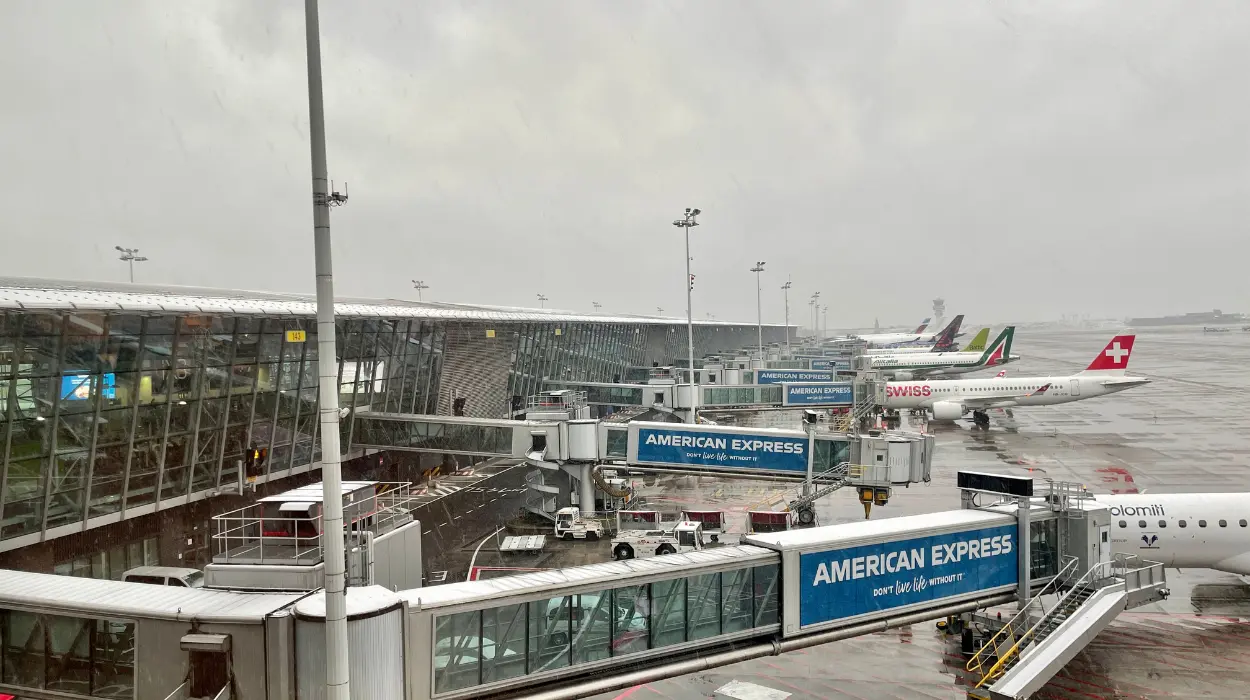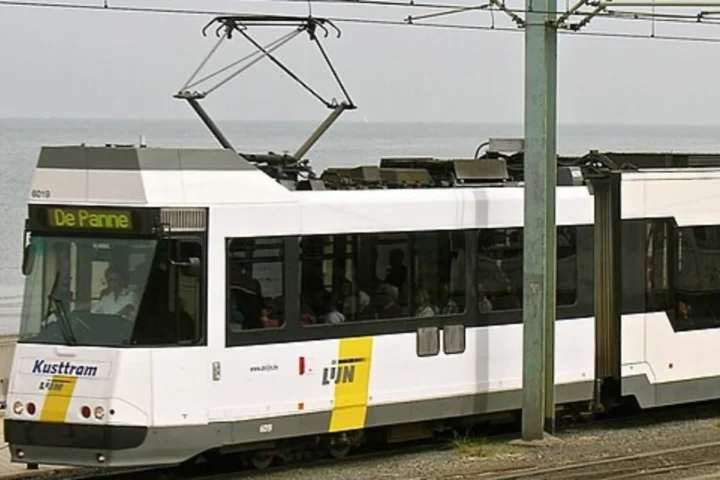A travel strike in Belgium has resulted in widespread disruptions across the country’s transportation systems. The strike, which took place on April 29, 2025, was organized by a coalition of Belgian trade unions protesting against proposed reforms to the pension system and working conditions. As a result, dozens of flights were canceled and many more delayed, highlighting the critical role of transport workers in national infrastructure and leaving thousands of commuters stranded, reports 24brussels.
Impact on Brussels Airports
The effects of the strike were particularly acute at Brussels Airport (BRU), Belgium’s busiest airport, where all outgoing flights for the day were canceled to ensure safety and operational integrity. Over 300 flights were suspended, forcing passengers to either delay their plans or seek alternative arrangements.
At Brussels South Charleroi Airport (CRL), which predominantly serves low-cost carriers, more than 120 flights were also canceled. Airport authorities urged passengers to avoid traveling unless absolutely necessary and to consult their airlines for updates.
Airlines Respond to the Disruption
Major carriers such as Ryanair and Brussels Airlines faced significant operational challenges. Brussels Airlines quickly facilitated refunds and rebooking through their platforms, clarifying that the disruption was outside their control. Similarly, Ryanair and other low-cost airlines offered rebooking options, although the sheer volume of affected travelers resulted in processing delays.
The unanticipated strike inconvenienced many tourists, with the fallout felt across Europe as connecting flights were not only delayed but also canceled, affecting travelers thousands of miles from Belgium.
Public Transportation Shutdown
Disruptions were not limited to airports; public transport systems, including trains, buses, and trams, experienced significant interruptions nationwide. Key stations in Brussels, Antwerp, and Ghent faced service cuts or complete closures, complicating travel to and from airports and within the cities.
This disruption posed substantial challenges for both visitors and business travelers, exacerbated by the timing during peak travel periods in Europe.
Reasons Behind the Strike
The strike was spearheaded by Belgian trade unions opposed to government reforms regarding pensions and working conditions. Union representatives argue that these changes undermine labor protections and threaten retirement security. The scale of the strike underscored the essential nature of transport services to Belgium’s economy and daily life.
Economic and Tourism Consequences
The strike’s economic impact extends beyond direct flight cancellations. Industries including airlines, hospitality, and car rentals are experiencing decreased revenue due to the decline in tourism. Authorities within the tourism sector have warned that ongoing strikes may tarnish Belgium’s reputation as a travel destination.
Business groups have called on both the government and unions to resolve their differences promptly, warning that prolonged instability could deter foreign investment and tourism.
Travel Advice for Passengers
Experts advise affected travelers to contact airlines as soon as possible to arrange rebookings or refunds, noting that prompt action can yield better results. Additionally, passengers should verify the terms of their travel insurance regarding strike-related delays and stay updated on official announcements from airports and airlines before heading to terminals. Considering flexible travel options or exploring alternative destinations could mitigate the impact of future disruptions.
Passengers are also advised to retain all receipts and documentation for refunds, as processing times may vary. Ongoing negotiations between union leaders and government officials have yet to yield a consensus, with industry analysts warning that continued impasse may result in additional travel delays and interruptions.
Airports and airlines are currently implementing contingency plans to address potential future strikes, including enhanced communication strategies with passengers and alternative staffing measures.
The travel strike in Belgium serves as a stark reminder of the interconnectedness of Europe’s travel network and its susceptibility to industrial action. Travelers need to remain vigilant and prepared to minimize the effects of such disruptions.










